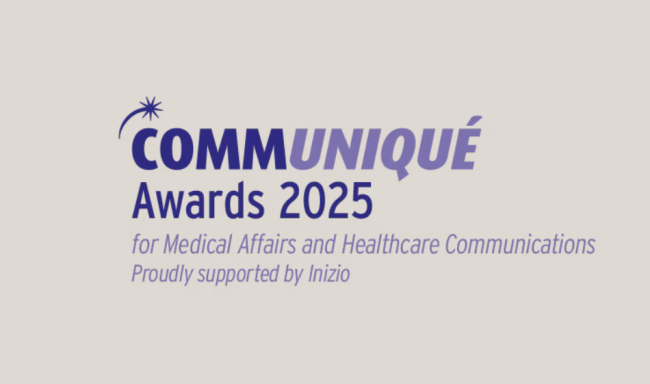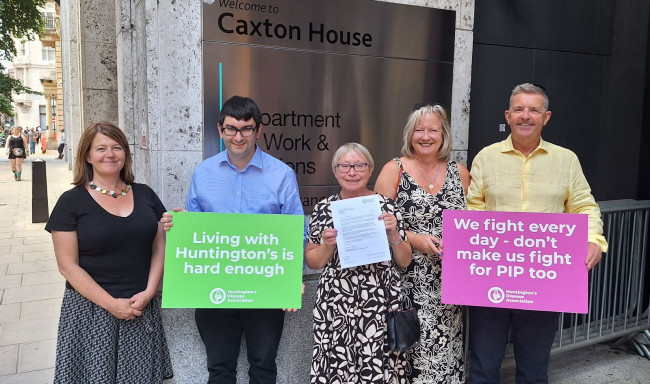What The Hewitt Review means for people living with Huntington’s disease
About The Hewitt Review
Patricia Hewitt, a former Secretary of State for Health and current Chair of the Norfolk and Waveney Integrated Care System (ICS) was commissioned to lead an independent review of ICSs in November 2022.
For background, each ICS has an Integrated Care Board (ICB), which is a statutory organisation responsible for developing a plan for meeting the health needs of the population, managing the NHS budget and arranging for the provision of health services in the ICS area.
The review set out to consider the oversight and governance of ICSs. It covered ICSs in England and the NHS targets and priorities for which ICBs are accountable, including those set out in the government’s mandate to NHS England.
The main recommendations in The Hewitt Review
The review considers the move to ICSs as a critical opportunity to transform the health and social care system. There is an acceptance that culture change is required and a collective effort to achieve this.
The review has identified key principles that will enable ICSs to deliver on their objectives. These include:
- Collaboration within and between systems and national bodies;
- A limited number of shared priorities;
- Allowing local leaders the space and time to lead;
- The right support, balancing freedom with accountability;
- Enabling access to timely, transparent and high-quality data.
The recommendations that are relevant for people living with Huntington’s disease
There are a number of recommendations that are relevant for the Huntington’s disease community, including:
- A change in focus from tackling illness to promoting health, with a shift in resources to allow this approach to be prioritised;
- Working alongside local communities, people who use services and the voluntary sector to deliver on the aims of ICSs, including service design;
- Improved data access and quality to ensure commissioning of services are more accurate and better use of patient experience data;
- Increased transparency and accountability;
- Tackling health inequalities and population health management, not just responding to short-term pressures;
- Given the interconnections between health and social care, calling on the government to produce a complementary strategy for the social care workforce;
- Instead of viewing health and care as a cost, align all partners around the creation of health value.
As Huntington’s is a rare, genetic condition, many who are affected by the disease experience a postcode lottery of services across the country and a general lack of understanding about the disease among health and care professionals.
Investing more in preventive health measures and working more closely with voluntary sector organisations and people affected by conditions to design local services could all serve to significantly benefit people living with Huntington’s disease. The quality of services could be improved and there could be increased knowledge and understanding of the condition and what support would help those affected.
Improved data, accountability and transparency within ICSs could empower people living with Huntington’s disease and Specialist Huntington’s Disease Advisers to hold local services to account and drive up standards of care.
However, there are some unanswered questions and shortcomings that need to be addressed.
Firstly, it is concerning that the government hasn’t yet provided a detailed response to The Hewitt Review and its recommendations.
Secondly, there are questions around the current level of resources, funding and staffing within the health and social care systems. Without a commitment to properly funding health and social care and developing workforce plans to tackle staffing shortages, it seems unlikely that ICSs will be able to achieve their aims.
Lastly, The Hewitt Review report fails to address in detail how specialised services will fit within the new system. This causes concern because by April 2023, most services for people with neurological conditions will be commissioned at an ICS level, rather than nationally by NHS England.
What the Huntington’s Disease Association called for
As part of The Hewitt Review’s call to evidence, the Huntington’s Disease Association submitted a formal response, emphasising the importance of:
- Co-production approach to designing services for people with rare conditions like Huntington’s disease;
- Multi-disciplinary teams to provide support for those with the condition;
- Introducing a named care coordinator for Huntington’s disease in every local area;
- Collaborating with the voluntary sector to co-design services for people with rare diseases;
- Not excluding people living with Huntington’s disease from community mental health services;
- Utilising Stakeholder and Patient Advisory Groups to best support the active involvement of partners in ICSs.
- Encouraging shared learning and peer support to support performance improvement across ICSs;
- Using hybrid technologies to provide services to Huntington’s patients;
- Having a set performance targets nationally that have the ability to assess impact of service delivery and improvements;
- Publicly accessible data about ICSs and their performance.





